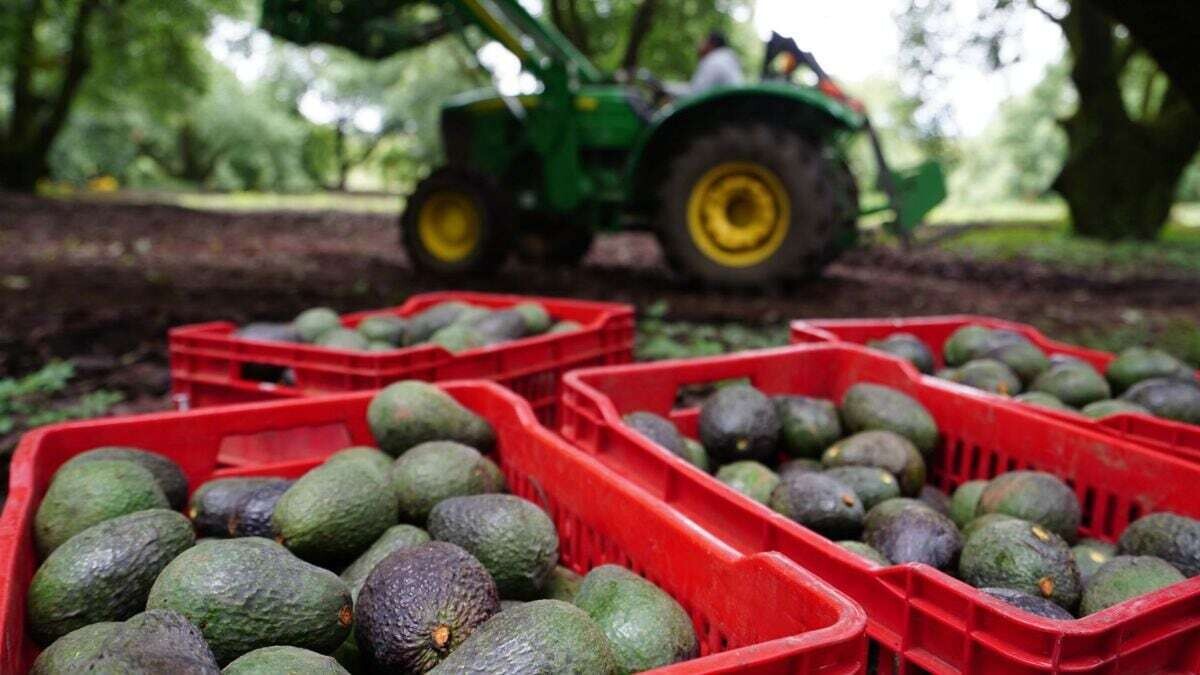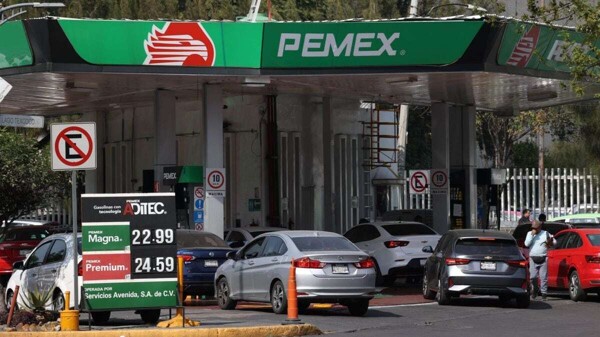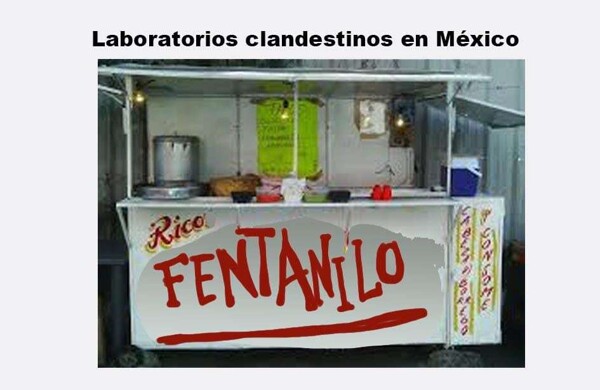
Americans have few options for this green fruit, and in recent years they have become even more dependent on Mexico. What exacerbates the situation is that a drought in Mexico reduced this harvest and its average size, meaning there are fewer large avocados that Americans prefer. 'This season was different,' said Humberto Solórzano, a producer from the state of Michoacán, the center of the avocado industry in Mexico.
Americans' love for guacamole is about to be tested. Mexico supplies more than 90 percent of the avocados consumed by Americans, and President Donald Trump is likely to make them more expensive with his plan to impose a 25 percent tariff on Mexican imports starting Saturday.
According to research firm NielsenIQ, avocado prices have already risen 14 percent compared to last year, even though overall agricultural costs remain practically unchanged. Meanwhile, the price of a box of avocados has more than doubled. During Trump's first term, the mere threat of tariffs on Mexico caused an increase in avocado prices, but the taxes were avoided when the administration reached an agreement with the Mexican government to crack down on migrants arriving at the shared border between the two countries.
'There are some concerns in the industry that the tariffs will actually be implemented,' said David Magaña, senior horticulture analyst at Rabobank. 'Products are sourced from all over the world, and we are no different.' Peru exports a small amount of avocados to the United States, but its harvest could be diverted from Europe to the United States, according to Gabriel Amaro, director of AGAP, the Peruvian industry group representing agricultural companies. 'We expect the Mexicans to overcome this impasse, but in the meantime Peru could supply the U.S. market,' said Amaro.
Americans' dependence on Mexico for avocado consumption increases during the winter months to about 95 percent of consumption because it produces year-round, according to the group Avocados From Mexico. 'The fruit did not grow due to the drought, so there is a very high price for larger avocados and extremely low prices for smaller ones.'
The drought appears to be affecting imports. Within the United States, avocados are grown seasonally in California, Florida, and Texas. Outside of Mexico, there are only a few options for importing avocados. In the first four weeks of this year, shipments of avocados from Mexico to the United States fell 26 percent compared to the same period in 2024, according to agricultural lender Rabobank. But since tariffs on avocados were not implemented during Trump's first term, 'it is a sort of wait-and-see situation. Right now, they are not in panic mode.'
Avocados From Mexico promotes the avocado in the U.S., currently even in a campaign with former NFL star Rob Gronkowski. 'People are really in love with this fruit.' Price increases could be delayed a bit because avocados can be stored in cold rooms for six weeks before being consumed. But the breather won't last long. On February 9, there will be more pressure with the Super Bowl, which is by far the most important day of the year for eating avocados in the United States. Avocados are so popular that they have become a 'staple product' in the U.S., according to David Maloni, president of the consulting firm Datum FS.
This raises what could be a revealing case study on consumer behavior. The history shows that price fluctuations have not changed demand, according to Álvaro Luque, the group's CEO. 'They are willing to pay a higher price,' Luque said about American consumers. He doesn't seem worried. Chipotle Mexican Grill has purchased avocados from other countries, including Colombia and the Dominican Republic. Mariano's, a supermarket chain owned by Kroger, sources some of the fruit from Chile and Peru, according to Michael Marx, president of the division. 'Produce is a global business,' Marx said. 'It is very likely that this is an opportunity.'














